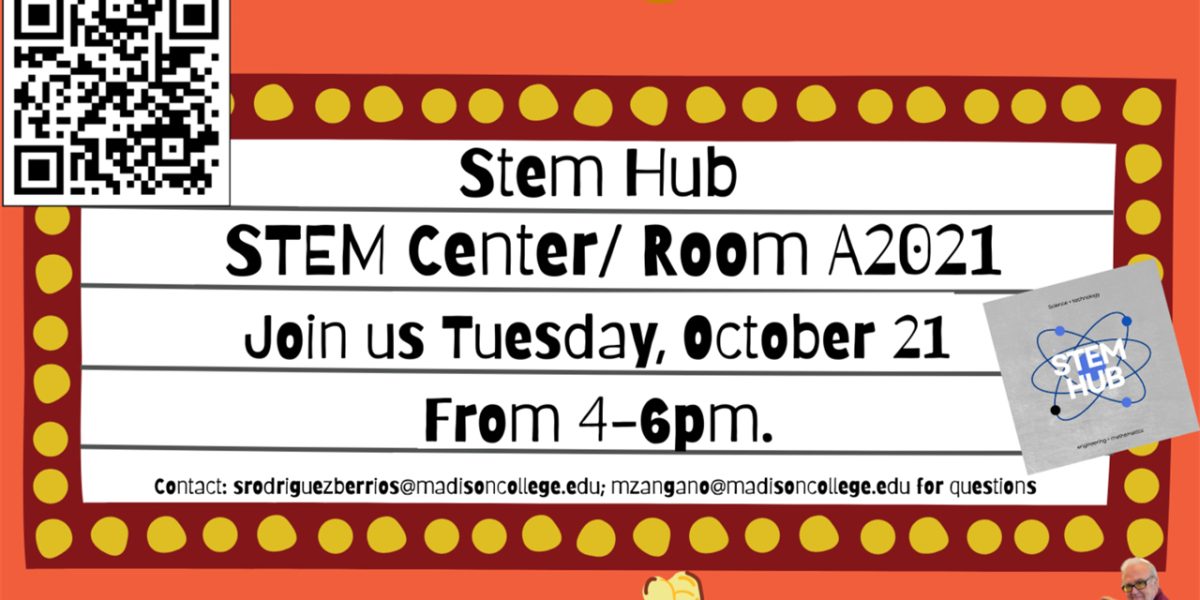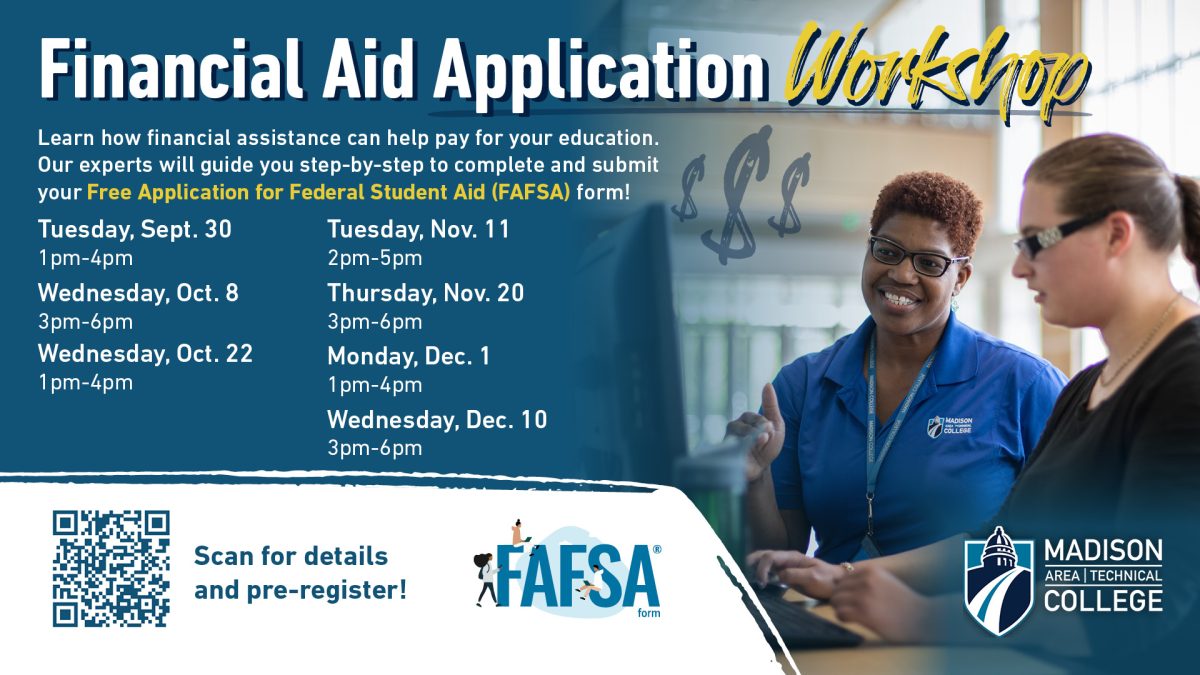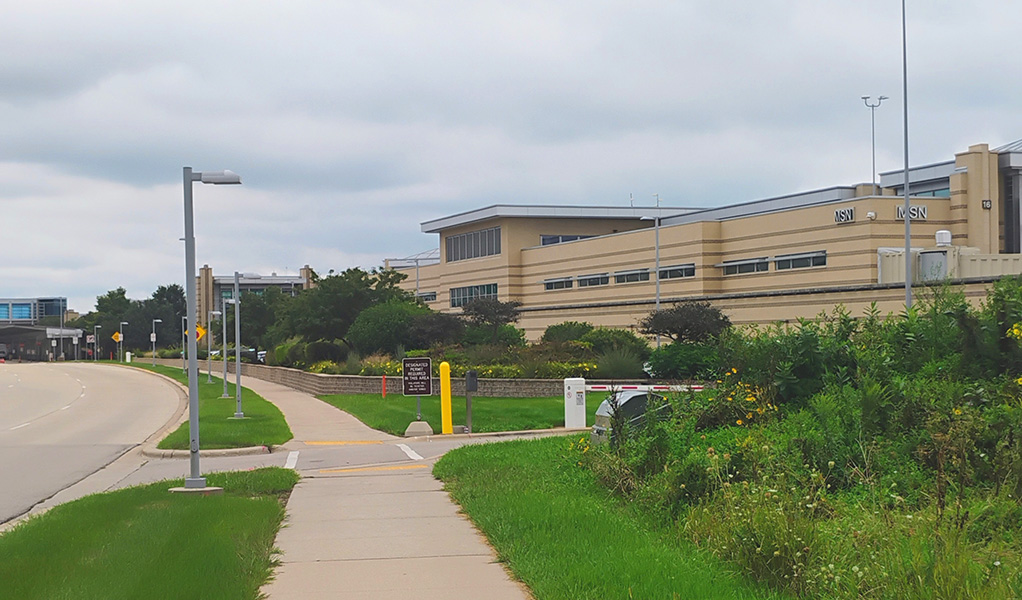Fix your collar, raise your right hand. After months of waiting — all the interviews and background checks, medical exams and fingerprinting appointments — you’re finally here. It’s your first day, swear the oath.
Federal employment at the TSA is so much more than delivering packages and confiscating water bottles. Being a federal worker means taking the oath of office, upholding the Constitution in every action you take. It means preparing for the worst and training to prevent it, maintaining order to protect the American people.
“There’s nothing typical about the job,” said Darryl Smith, a Supervisory Transportation Security Officer (STSO) at the Dane County Airport. “I’ve been with Homeland Security for 15 years and no day is the same. We can show up with a plan on what to do every day, but it will never really work out. Things get in the way, so we keep adapting. We fulfill the mission.”
Each federal workforce has a mission statement tailored to its role in serving the public. Framed and polished, they’re scattered around the office to remind workers of the importance of their job.
The Transportation Security Administration (TSA) has a simple mission: Protect the nation’s transportation systems to ensure freedom of movement for people and commerce. Following the tragedy of 9/11, an entire administration was built on that one statement and for over 20 years, TSA has never strayed away from it. Through the commitment of its workforce, it strengthens.
“Early mornings and early bedtimes,” said Sam Holme, describing her schedule. A Transportation Security Officer (TSO) at the Dane County Airport, Holme works the morning shift. “Starting at 4 a.m. definitely hinders the sleep schedule, no one gets used to waking up that early. But compared to the alternatives, I do prefer the early mornings. When my day is over, I can be at home with my family.”
The Dane County Regional Airport does not run 24 hours. While the start time for security checkpoints varies depending on the airport, working for a smaller airport allows Holme a few more hours of sleep before she has to get the day started.
“Quarter after three is when I come into work,” said Chris Brown, who’s another morning shift TSO and a recently certified officer. “No one’s on the beltline, which is nice. It’s good therapy. Gets you ready for the day, I feel.”
Brown reinforces the notion that the peaceful drive can go a long way. An average day at the airport is full of constant bustle and has the potential to overwhelm the officers just as much as the passengers.
“We jump from one thing to the next. I search your property, then I scan people as they come in. Then I check IDs, make sure everyone who comes in is where they’re supposed to be. All the bases have to be covered so we can get everyone from point A to point B safely,” Brown said.
Officers are required to perform multiple tasks throughout the day, sometimes juggling several at once. Extensive classroom training is mandatory, even after an officer is certified. Review material and accountability tests are regularly conducted as well, ensuring skills are up to date.
Officers are sent to the Federal Law Enforcement Training Facility (FLETC) to learn how to operate the X-ray and conduct effective pat downs. They’re trained to identify explosive devices and weapons. Some officers take the opportunity to join the canine program and learn to handle an explosives detection dog. With each new officer trained in these areas, security screening becomes more effective. Airports gain an extra pair of eyes to ensure nothing dangerous will affect travel.
Despite their hard work, every day presents new challenges. Whether it be the stress of traveling or something else entirely, the traveling public can be difficult to work with.
“People get mad,” said Brown. “They either don’t understand or they don’t listen. Happens all the time, you just have to move on.”
Passenger interactions have the potential to go beyond a screaming match, however. Videos of dramatic encounters at TSA are one Google search away, many of them ending in violence. It’s such a concern that there is an entire section on the TSA website addressing what to do in case of an attack. Self-defense is also a required piece of training that airports offer their employees.
“The perception of government workers is so different from the reality,” said Smith. “People think we’re overpaid and lazy. And none of that’s true. We work just as hard and have more restrictions on how to do the job.”
The federal workforce has gone through many changes in the past few months alone. Entire departments have lost their funding, leaving thousands without jobs. The Trump administration ended collective bargaining for federal agencies and at least one union has sued over this. No one, not even government agencies, can avoid change.
Everyone watches TSA, both on the civilian end and the government. While the traveling public looks to them with sharp glares, that is easy to shake off. One bad passenger rarely changes the status quo, but comments from the government are much harder to put aside.
“This used to be a good job, a good career field with good stability,” said Smith. “But all of that has decayed over the years. The benefits and salary aren’t the same. We don’t attract as many workers anymore. TSA is having trouble keeping up with the changes in the world. And when you become your own government’s political football, it doesn’t make you feel good. I’m not just the guy who asks you to take off your shoes. Few see us as anything more.”
TSA and other federal workforces are full of ordinary people trying to do their jobs. They don’t carry themselves with some smug superiority complex or lace their every action with malice. Their job can be uncomfortable and messy, but they press on.
Federal workers don’t just work for the American people, they care for them. They continue to do their job, no matter how complicated, to keep us safe.
What it’s like to work for the TSA at the airport
Sara Bernabe, Editor in Chief
August 26, 2025
Federal workers, like the TSA employee at the Dane County Regional Airport, don’t just work for the American people, they care for them.
Story continues below advertisement




























